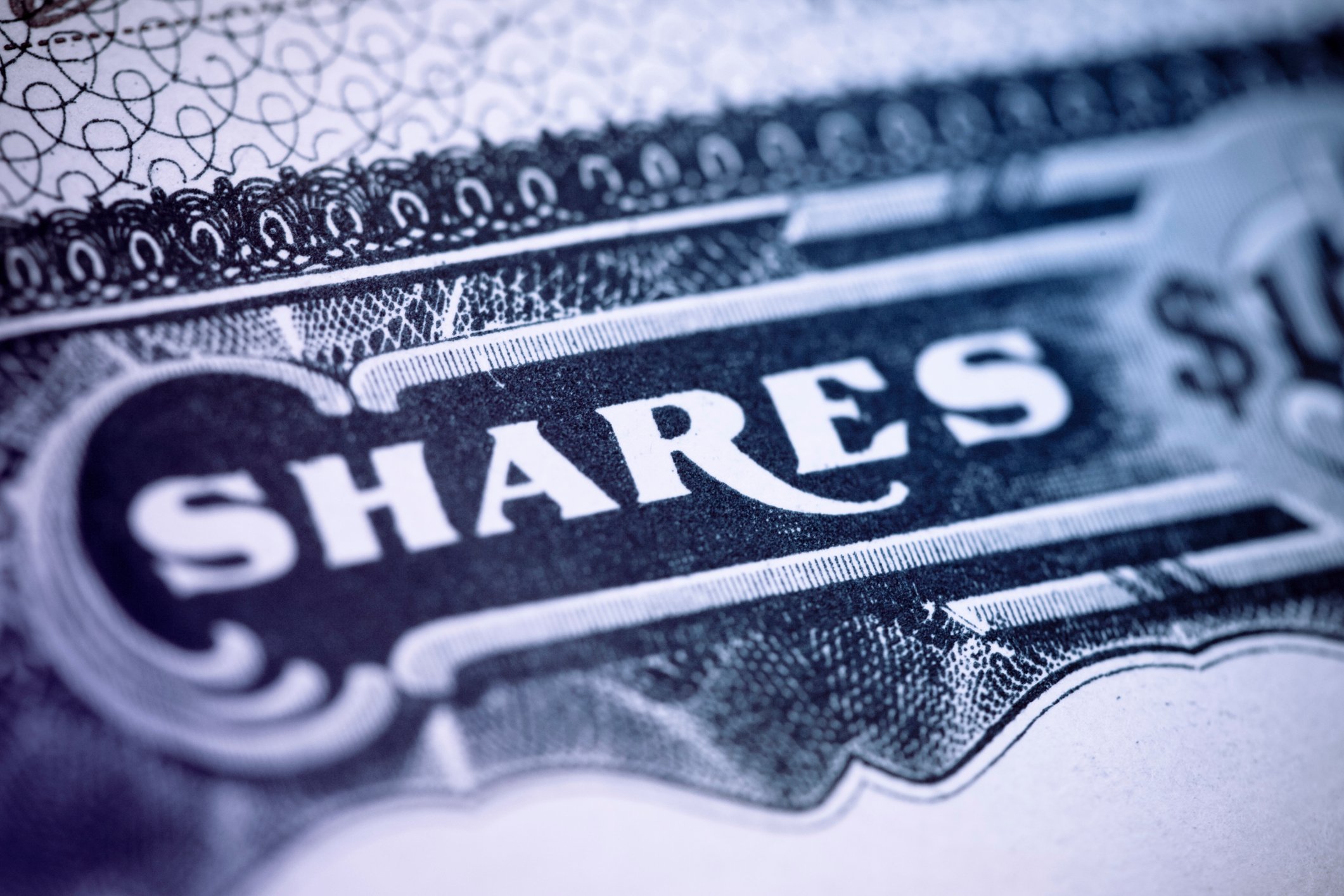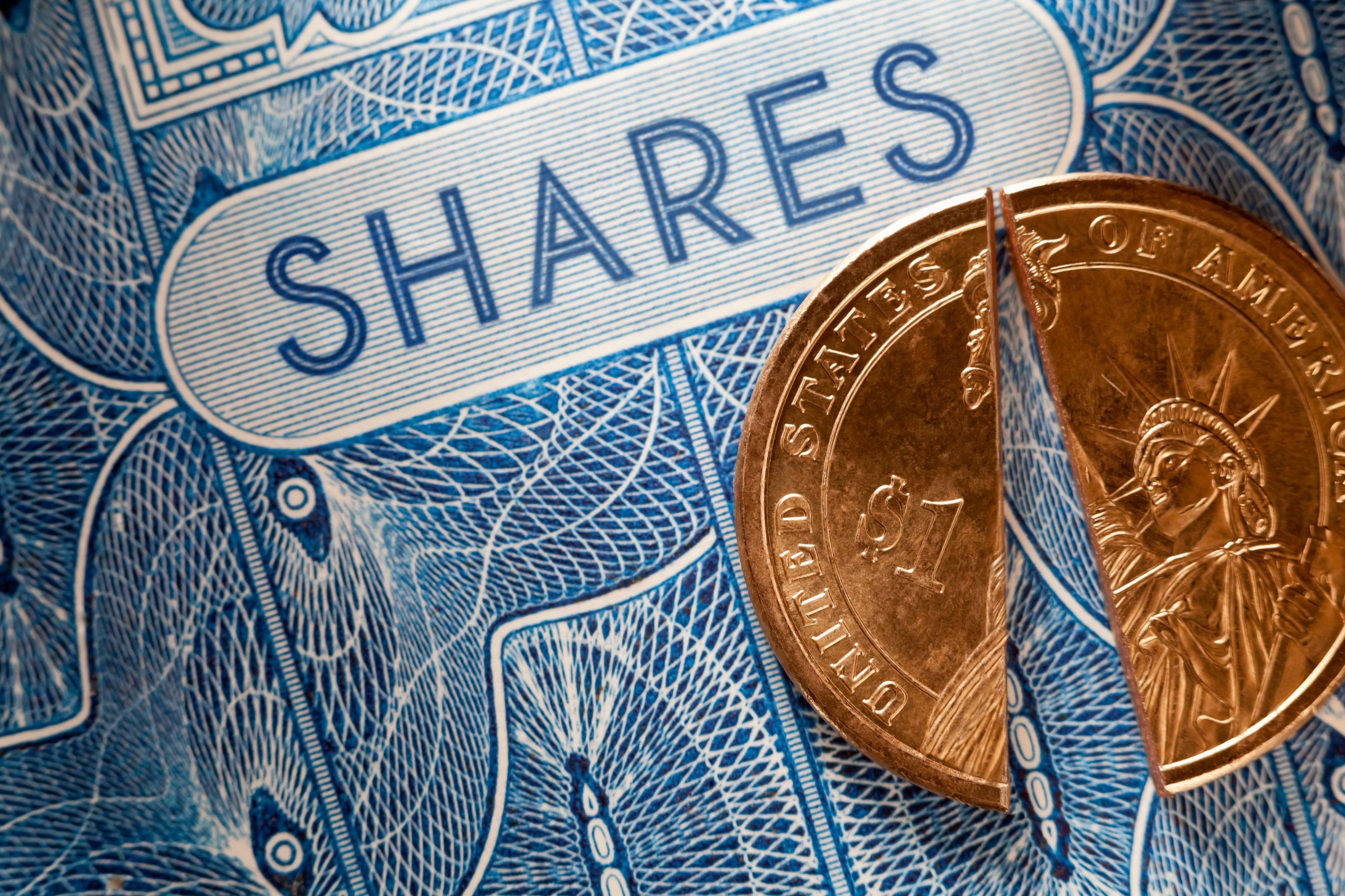Sirius XM Radio (SIRI +0.00%) may be ready to go shopping again. The satellite radio provider announced yesterday that it completed its $530 million acquisition of the connected vehicle services business of Agero, a move that will accelerate its connected vehicle platform.
Sirius XM in August announced the deal that would boost its presence in telematics. Unlike the merger between Sirius and XM that took regulators a year and a half to approve, there were no antitrust hurdles to clear this time around. The combination of Sirius and XM may have created the closest thing that one could get to a regulator-sanctioned monopoly, but now the much larger and powerful media giant is apparently able to grow unchecked.
Sirius XM is in a perfect place from an acquisitions standpoint. It has billions in net operating losses, making sure that its tax liabilities will be minimal for years. It's also printing money. The company expects to generate roughly $915 million in free cash flow this year. Yes, Sirius XM already has a leveraged balance sheet, but its improving fundamentals have made it easier to swap out older debt at high rates with more attractive financing.
Sirius XM is in a perfect position to go on a shopping spree. If only there was something worth buying.
Pandora (P +0.00%) has been a popular name for speculators, and now that the leading music streaming service is profitable, such an acquisition makes even more sense. However, Pandora just hit a new all-time high last month. With 72.7 million active users consuming 1.36 billion hours of audio, why would it consider an exit strategy? It has survived the arrival of iTunes Radio, Spotify, and other services.
Spotify would be a more interesting consideration, giving Sirius international exposure that it doesn't presently have given the limited geographical reach of its satellites. Spotify has also done a better job than Pandora in converting freeloaders into premium users, something that Sirius XM knows all too well.
Naturally, there will be plenty of smaller platforms that can be had for far less. They are unlikely to be profitable -- eliminating Sirius XM's taxable advantage over other potential buyers -- but if they could build on Sirius XM's fledgling digital platform, a deal could make sense.
However, the company's next investment is pretty clear at the moment: Sirius XM is going to invest in itself. The satellite radio star has repurchased $1.6 billion of its own stock over the past year, and last month it doubled its authorization to $4 billion. That's another $2.4 billion earmarked for gnawing on itself, and if it chooses to buy back its stock sooner rather than later, it's going to have to borrow beyond the generous free cash flow now being generated. The buybacks will naturally help eat away at its massive share count, improving profitability on a per-share basis. However, we also can't ignore what a traditional acquisition would do to grow its top line. Sirius XM's guidance calls for revenue to climb a mere 6% next year, so eyeing nonorganic growth may make sense especially if it can work on a stock-based acquisition that won't weigh down its balance sheet.
If another deal to broaden its reach beyond satellite radio presents itself, Sirius XM will likely listen, but its best bet may be to just keep investing in itself until the share count is low enough that profitability doesn't boil down to a couple of pennies per share.






